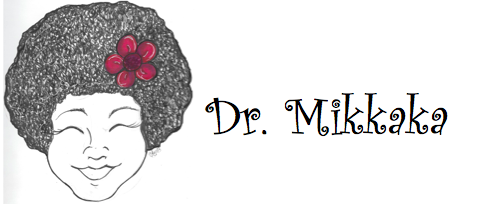Powerful Literacy Series: Critical Literacy
Impacted largely by Paulo Freire’s work with the poor and uneducated faction of the Brazilian population, Critical Literacy Theory contends that traditional schooling perpetuates inequity. Freire maintains that there exists a “pedagogy of the oppressed”–a system in which lower class learners are given inadequate educational opportunities, leaving them ill-prepared for careers that would allow them the upward mobility to join the middle class.
In essence, this mirrors the familiar construct of the haves and the have-nots; the system operates in such a way that the status quo is maintained. Critical Literacy Theory does not accuse teachers of consciously dooming their students to failure, however it suggests that educators recognize how minoritized and impoverished populations have historically been placed at a disadvantage. Further, it contends that those systems of inequality have fundamentally shaped the nature of our society, including our schools. According to Freire,
Education is never neutral; it either liberates or domesticates.
Thus, teaching is a political act. Culturally responsive teachers must recognize themselves as political beings.
Disadvantaged families engage in regular literacy practices, but these practices are often mismatched with the nature of literacy in traditional school settings, which tend to be more aligned to middle class families. Mainstream classrooms are not typically designed to showcase or validate the knowledge and skills that children from lower income families do possess–an omission that marginalizes them and decreases their likelihood of success. In Critical Literacy Theory, literacy is viewed as power and, thus, an unequal distribution of educational opportunity is an unequal distribution of power.
Critical Literacy Theory seeks to empower families from disadvantaged populations with the “cultural capital” that their middle class counterparts already possess. The concept of cultural capital draws on the previously discussed idea that traditional schooling is not designed in such a way that it encompasses the social and cultural practices of lower class families. Instead, schools draw more on the cultural and social resources–including linguistic structures, authority patterns, and types of curricula–of the middle class, meaning that children from middle class families come to school at an advantage as they are already more familiar with the social structures.
A Critical Literacy perspective requires questioning and changing such structures, making learners and their families aware of these structures and the power of literacy, encouraging home-school partnerships, and valuing the funds of knowledge inherent in their social and cultural practices.
Keep the conversation going in the comments or in your own circles. Questions for Reflection: How is your curriculum either disrupting or maintaining the status quo?

